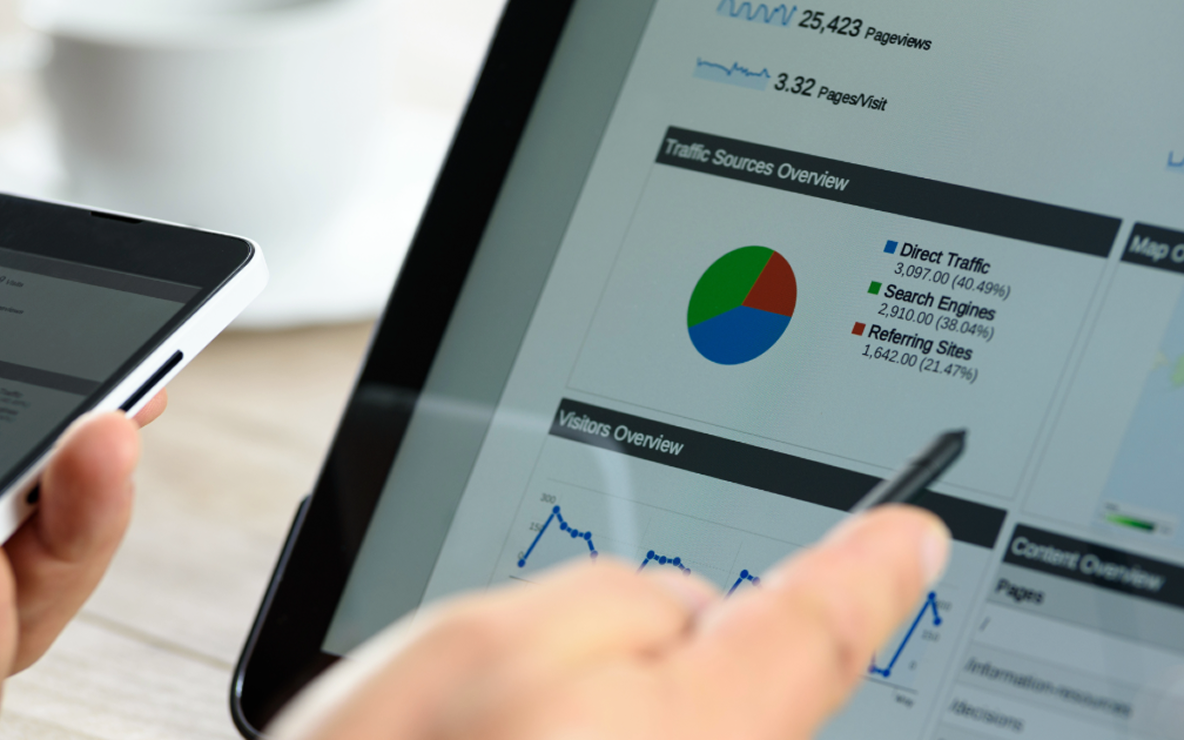


It's 2025, and despite the abundance of AI tools, schema generators and SEO services, businesses continue to make fundamental errors that harm their search rankings and traffic. You'd think by now, these common mistakes would be a thing of the past.
SEO is no longer about tricking the algorithm. While Google has evolved significantly, it seems some individuals haven't.

Keyword stuffing: a decade-old tactic, yet some websites still use it. They cram phrases like "best dentist in Detroit" into every sentence, as if this outdated strategy will magically secure the top spot on Google.
Google prioritizes ranking content that genuinely engages readers. This means using helpful headlines, natural language and providing real value. If your site is just a list of keywords, users will quickly leave and Google will notice.
It's astonishing how many businesses overlook a crucial fact: customers are searching for them locally. If you're not visible in map packs or local listings, you're essentially invisible to your most probable buyers.
Overlooking crucial local SEO elements like complete and consistent Google Business Profile information, the use of local keywords, city-specific landing pages and customer reviews isn't a minor error. It's actively costing you revenue. Local SEO is not an optional extra; it's a fundamental necessity for success.

A visually appealing website is meaningless if it's slow to load, especially on mobile. Page speed is crucial for SEO and a poor mobile experience alienates a significant portion of your audience.
Common culprits for slow sites include not optimizing for mobile, uncompressed images, excessive plugins and outdated hosting. As an award-winning marketing agency, we know any of these can tank your SEO efforts.
Still slapping your business name into every title tag with no variation? Congrats. You’ve just made it impossible for search engines (or customers) to know what you do on each page.
Your title tags and meta descriptions are prime SEO real estate. They need to be unique, descriptive and user-focused. Consider your site's presence on the Google highway, each page a billboard. Would you want them all to convey the exact same message?
Internal links are more than just navigation tools; they are crucial for Google to understand your site's structure and for distributing authority among your pages. Many businesses, however, neglect linking or treat it as a secondary concern.
You're overlooking major SEO advantages if your blog articles don't link to your service pages or if your about page stands alone. A well-linked website not only keeps users engaged and guides them toward conversion but also improves your overall search rankings.
One of the most significant and often fatal, SEO mistakes is the misconception that it's a one-and-done task. The reality is that search engine optimization is a continuous process. Rankings fluctuate, competitors evolve and Google frequently rolls out updates that can drastically impact your traffic overnight.
Your SEO strategies are probably failing if they haven't been updated since 2022. Consistent SEO requires ongoing effort: regular audits, fresh content, new backlinks and close performance monitoring. Without these, your website's visibility will decline, potentially unnoticed until your lead generation ceases.
🔧 Fix your metadata. Every page should have a unique title tag and meta description that actually makes someone want to click.
🔗 Start linking smart. Add internal links where it makes sense and make sure your top pages actually connect to your conversion funnel.
📆 Stop thinking SEO is a one-time thing. Schedule monthly updates, content reviews and strategy checks.
You should see consistent growth in traffic, rankings and leads over time. If your data is stagnant or declining, you have an issue.
Yes, but only when used naturally. Google cares more about context and intent than exact-match phrases.
You can do it yourself if you’ve got the time, tools and expertise. But unless SEO is your full-time job, it’s usually faster (and cheaper in the long run) to have pros handle it.
It depends. But in general, you should see meaningful improvement within 6 months, assuming you’re doing it right.
Yep. For businesses with a physical location or those that serve a specific area, local SEO is essential. It helps you appear in "near me" searches, rank higher on Google Maps and improve your visibility through customer reviews.